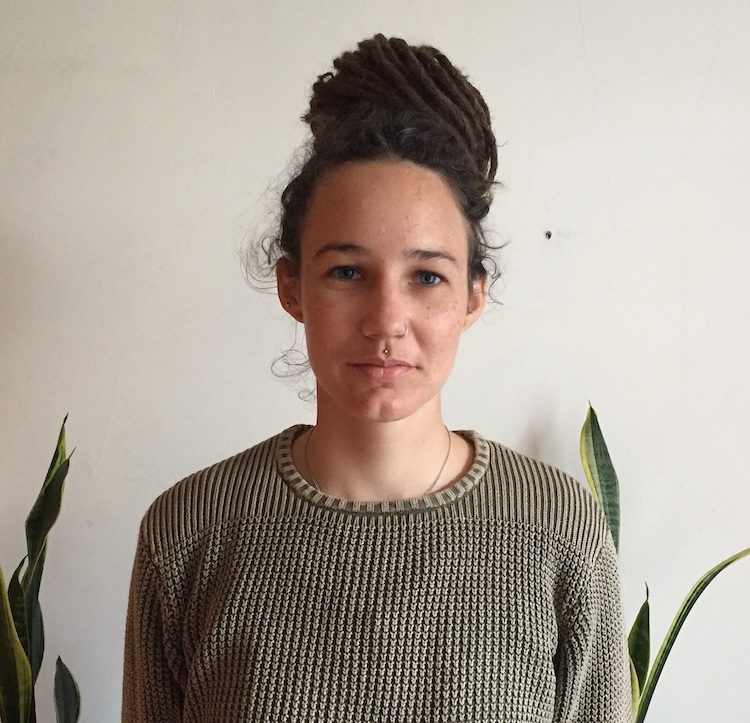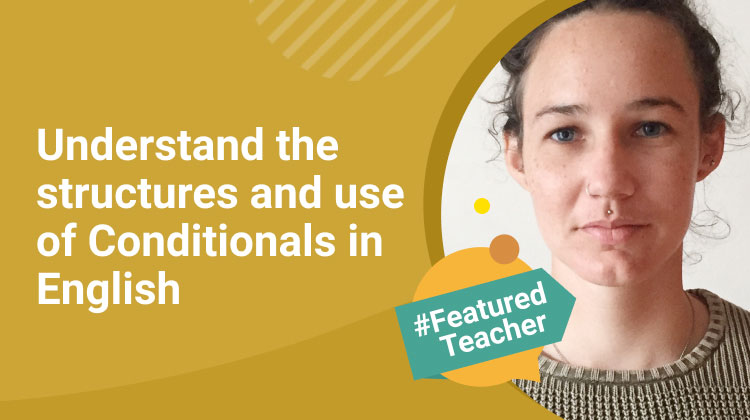Conditionals can be confusing, sometimes it can be tricky to know when to use which one. Other times figuring out exactly how to structure them correctly can also be a bit daunting. These quick tips might help you finally gain the confidence to use conditionals correctly and appropriately.
The 0 conditional
Uses: Facts, General Truths, Personal Truths, Habits
When we use the 0 conditional, we are 100% sure of the outcome.
Structure:
If + Present simple + Present simple
(If this happens, that happens)
Note: we can use ‘when’ instead of ‘if’ in the 0 conditional (this doesn't apply to the other conditionals)
Examples:
- If you heat water to 100*C, it boils (Fact)
- If people don’t work, they don’t earn any money (General Truth)
- When I eat peanuts, I get sick (Personal Truth. - In this case, I might have an allergy to peanut and can expect the same result every time I eat them)
- When my dog barks, I let her out (Habit- I have used the 0 conditional because the result will be the same every time, I always let my dog out when she barks)
The First Conditional
Uses: predictions, future plans, warnings & threats, and offers & suggestions
When we use the 1st conditional we are pretty confident about the outcome, but it might be more subject to change.
Structure:
if + present simple, ... will + infinitive
(If this happens, that will happen)
Examples:
- If you don’t hurry, you will be late for work (prediction)
- If it is warm, I will go to the beach this weekend (future plan)
- If you don’t come to my party, I will be really angry (warning/ threat)
- I will help you, If you need help (offer/ suggestion)
Note: We can use modal verbs in place of ‘will’ if something is possible but not definite.
Examples:
If it is warm, I might go to the beach this weekend (In this case, it is possible but not definite. I might decide to do something else)
Comparing the 0 conditional and the First conditional
The 0 conditional is generally used when we are certain about the outcome, the 1st conditional is used when something is very probable or likely but not definite.
Examples:
- If I eat peanuts, I get sick (Here, the 0 conditional implies the outcome is definite, I will definitely get sick because I have an allergy)
- If I eat more, I will get sick (Here, the 1st conditional suggests the outcome is not definite, perhaps it is a prediction. I probably will be sick if I eat more, but there is a small chance I won’t)
The Second Conditional
Uses: Unlikely future situations, Impossible present situations, Imaginary situations, Giving advice
When we use the second conditional, the result is very unlikely or even impossible.
Structure:
if + past simple, ...would + infinitive
(If that happened, that would happen)
Examples:
- If I won the lottery, I would buy a house (Unlikely future situation- This could happen, but the chances are really small)
- If I had more time, I would do more gardening (Impossible present situation - This is impossible, since I don’t have more time).
- If my car was stolen, I would be very disappointed (Imaginary situation, Although this situation is possible it isn’t real so I am just imagining)
- If I were you, I would move abroad (Giving advice - I am not you, so this is impossible but it is still very clear what my advice is)
Note: We can use 'were' instead of 'was' with 'I' and 'he/she/it'
Examples:
- If I were president, I would make recycling mandatory
- If I was president, I would make recycling mandatory (The meaning would be the same in both examples)
Comparing the 1st conditional and the 2nd conditional
The 1st conditional is used when we feel quite sure something will happen or is very likely, while the 2nd conditional is used we don’t think something will happen or is impossible.
Examples:
- If I get a tattoo, I will get a flower (Here, it is quite likely I will get the tattoo)
- If I got a tattoo, I would get a flower (Here, it is very unlikely I will get the tattoo, bit I am just imagining)
- If I have money, I will buy a car (It is likely that I will have enough money to buy a car)
- If I had money, I would buy a car (There chances of me buying a car are very low, perhaps I don’t have enough money)
What is a Featured Teacher?
For you, our dedicated learner in the new Community, we are now providing tips, learning materials and prompts from our selected teachers to help along your language learning journey.
Star Teacher! - Jessie Goldstone
Languages: English & Afrikaans

Jessie is a native speaker from South Africa. She has been teaching English since 2012, thus, a very experienced professional teacher, who is beloved by lots of students all over the world.
Feel inspired? It is time to take out your notebook and put these tips to use!
Here are some exercises from Jessie Goldstone. Jessie will help you correct answers, give you feedback and share more advice on learning English!
(If you are using the web version of community, don't hesitate to download italki App for doing exercises and get Jessie to help with correcting your work.)
Enjoying learning with Jessie? Book a lesson with her and learn more!







